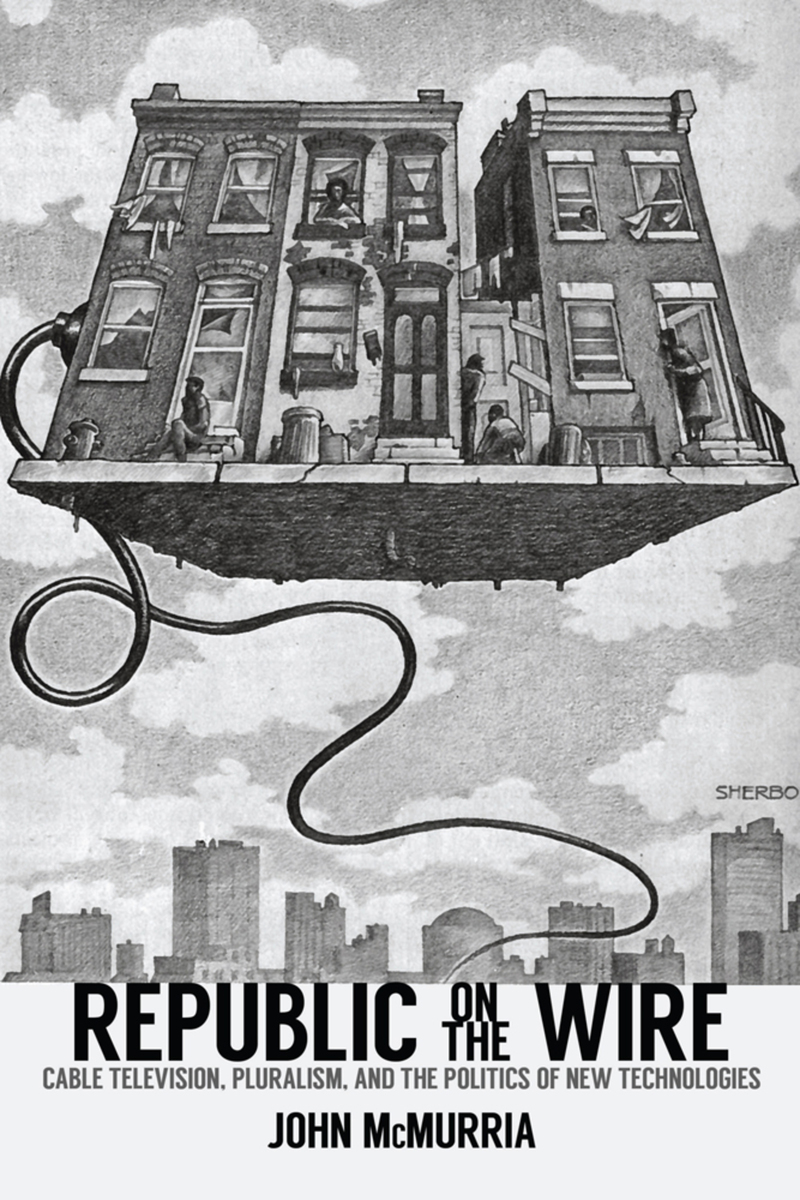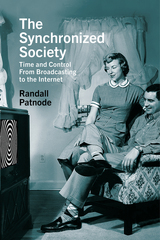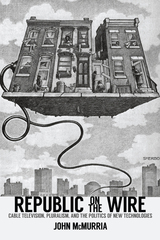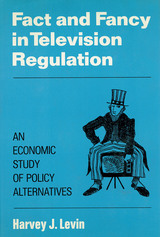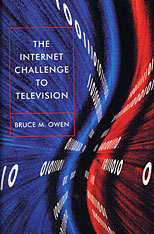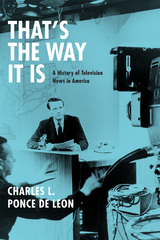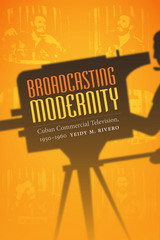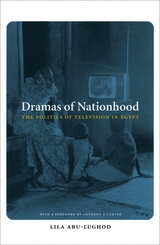Republic on the Wire: Cable Television, Pluralism, and the Politics of New Technologies, 1948-1984
Rutgers University Press, 2017
eISBN: 978-0-8135-9313-5 | Cloth: 978-0-8135-8530-7 | Paper: 978-0-8135-8529-1
Library of Congress Classification HE8700.72.U6M46 2017
Dewey Decimal Classification 384.5550973
eISBN: 978-0-8135-9313-5 | Cloth: 978-0-8135-8530-7 | Paper: 978-0-8135-8529-1
Library of Congress Classification HE8700.72.U6M46 2017
Dewey Decimal Classification 384.5550973
ABOUT THIS BOOK | AUTHOR BIOGRAPHY | REVIEWS | TOC
ABOUT THIS BOOK
The history of cable television in America is far older than networks like MTV, ESPN, and HBO, which are so familiar to us today. Tracing the origins of cable TV back to the late 1940s, media scholar John McMurria also locates the roots of many current debates about premium television, cultural elitism, minority programming, content restriction, and corporate ownership.
Republic on the Wire takes us back to the pivotal years in which media regulators and members of the viewing public presciently weighed the potential benefits and risks of a two-tiered television system, split between free broadcasts and pay cable service. Digging into rare archives, McMurria reconstructs the arguments of policymakers, whose often sincere advocacy for the public benefits of cable television were fueled by cultural elitism and the priority to maintain order during a period of urban Black rebellions. He also tells the story of the people of color, rural residents, women’s groups, veterans, seniors, and low-income viewers who challenged this reasoning and demanded an equal say over the future of television.
By excavating this early cable history, and placing equality at the center of our understanding of media democracy, Republic on the Wire is a real eye-opener as it develops a new methodology for studying media policy in the past and present.
See other books on: Media & Internet | Pluralism | Republic | Telecommunications | Television broadcasting
See other titles from Rutgers University Press
